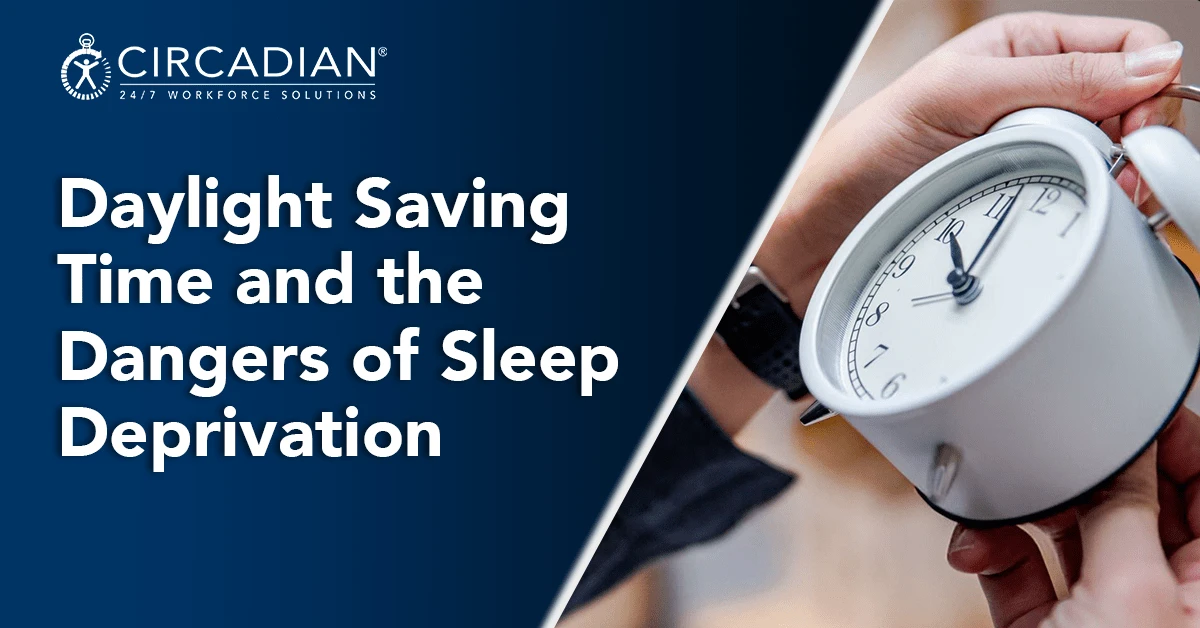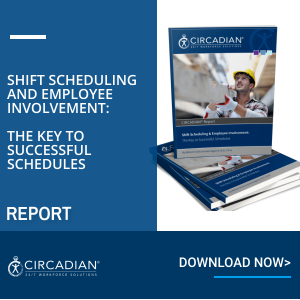Although losing just one hour of sleep may not seem alarming, research reveals signficant trends associated with the transition into DST:
Increased Traffic Accidents: The risk of fatal traffic accidents increases by 6% in the week following the change.
Heart Health Concerns: Hospitals report a 24% spike in heart attack visits on the Monday following DST.
Stroke Risk: The overall rate of ischemic stroke is 8% higher during the first two days after the time change.
Interestingly, when clocks are set back in the fall, the opposite occurs: traffic accidents and heart attack visits decrease by 21% the day after the time change.Many shift workers consistently face challenges far beyond the one-hour loss experienced during DST. Research shows that the average shift worker gets only 4-5 hours of sleep after a night shift, significantly below the recommended 7-9 hours per night.
This chronic sleep deficit leads to:
- Decreased Job Performance: Fatigue impairs cognitive functions, decision-making, and reaction times.
- Health Issues: Sleep deprivation can lead to serious health problems, including obesity, cardiovascular diseases, and mental health disorders.
- Strained Family Life: Lack of sleep often spills over into personal relationships, leading to stress and isolation.
One effective strategy for mitigating the effects of daylight savings sleep deprivation is providing employees with comprehensive training on sleep and fatigue management.
CIRCADIAN's Managing a Shiftwork Lifestyle program offers practical tools and information on various topics, including:
- Circadian Rhythms: Understanding the body's natural sleep-wake cycles.
- Sleep Hygiene: Techniques to improve sleep quality and duration.
- Nutrition and Health: Nutritional strategies to enhance alertness, energy and well-being.
- Stress Management: Effective methods for managing stress in the workplace.
Facilities implementing CIRCADIAN's training program have reported significant improvements in employee health and safety metrics, including:
- 21% Increase in Daytime Sleep: Employees were able to sleep more during the day after night shifts.
- 24% Improvement in GI Index Scores: Enhanced overall digestive health and wellness.
- 33% Decrease in Excessive Caffeine Use: Reducing reliance on stimulants for alertness.
- 54% of Attendees Made Changes: More than half reported improvements to their sleep environment.
The dangers of daylight savings sleep deprivation underscore the need for comprehensive fatigue management strategies, particularly for shift workers.
Organizations can reap numerous benefits by prioritizing employee well-being:
- Lower Turnover Rates: A 33% lower rate of turnover compared to organizations without training.
- Reduced Absenteeism: A 23% decrease in absenteeism helps maintain productivity for organizations with training.
Don't let sleep deprivation undermine your workforce's potential. Contact CIRCADIAN today to explore tailored solutions for your organization.
Interested in Shiftwork, Scheduling & Fatigue Risk Management Best Practices?
Subscribe to CIRCADIAN's email list for cutting-edge information, updated research findings, and easy-to-implement strategies, all tailored to optimize the health, safety, and performance of your shiftwork and extended hours operations.
Join our community of 32,000+ industry leaders and receive practical tips and expert insights to optimize your 24/7 workforce.











